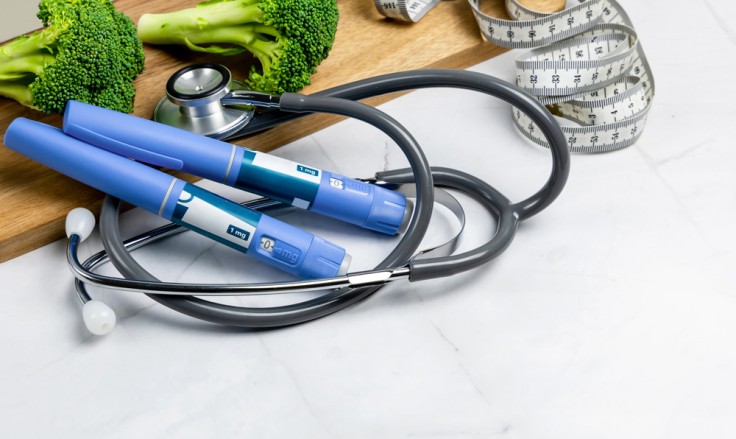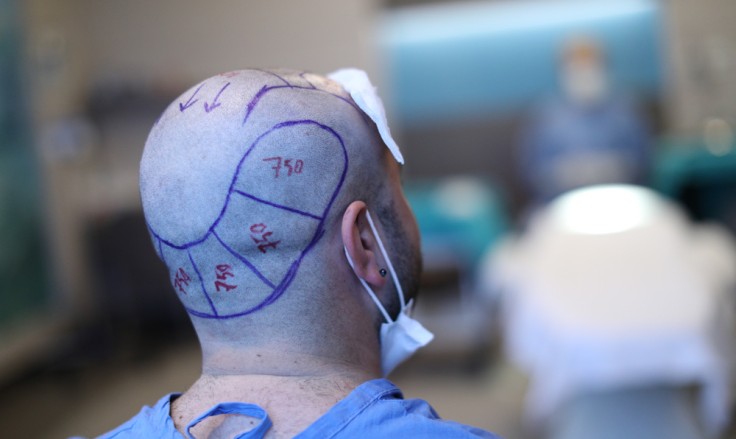Everything You Need to Know About Plastic Surgery Recovery
Introduction
Plastic surgery recovery is a crucial step in achieving optimal results. Understanding the recovery process helps you prepare for what to expect and how to care for yourself. This guide provides practical advice on timelines, aftercare, and factors that influence healing.
Recovery Timelines for Plastic Surgery
Recovery varies depending on the procedure, but here’s a general timeline to guide you:
- First 48 Hours: Rest and manage discomfort with prescribed medications. Avoid physical activities.
- First Week: Swelling and bruising peak. Follow all post-operative care instructions strictly.
- 2–4 Weeks: Light activities can resume, and swelling starts to subside gradually.
- 6–12 Weeks: Most patients return to normal routines. Full results may still take longer.
Your surgeon will provide a specific timeline tailored to your procedure.
Tips for a Smooth Plastic Surgery Recovery
- Follow Your Surgeon’s Instructions
Adhere to guidelines on wound care, medications, and activity restrictions to avoid complications. - Stay Hydrated
Drink plenty of water to reduce swelling and support your body’s natural healing process. - Eat Nutritious Foods
Incorporate lean proteins, fruits, vegetables, and whole grains to promote tissue repair. - Wear Compression Garments
If recommended, wear these garments to minimise swelling and enhance surgical results. - Get Plenty of Rest
Rest allows your body to heal efficiently. Avoid overexertion during the early recovery period.

Common Challenges During Plastic Surgery Recovery
Plastic surgery recovery comes with challenges, but being prepared can ease the process.
- Swelling and Bruising: These are normal and improve over time with proper care.
- Discomfort: Mild pain or tightness is expected but manageable with medications.
- Emotional Adjustments: Patience is key, as full results often take weeks or months to appear.
Understanding these challenges ensures you are better equipped to manage them.
When to Contact Your Surgeon
Knowing when to reach out to your surgeon is crucial for safety and peace of mind.
- Excessive Pain: If pain worsens or becomes unmanageable, contact your surgeon immediately.
- Signs of Infection: Watch for redness, swelling, or fever around the surgical site.
- Healing Concerns: If you notice unusual scarring or delayed healing, consult your surgeon promptly.
Regular follow-up appointments help address any concerns early.
Conclusion
Plastic surgery recovery requires patience, care, and adherence to your surgeon’s instructions. Staying hydrated, eating well, and resting are essential for a smooth recovery. Managing challenges and understanding your body’s healing process help maximise results. Always consult your surgeon if you experience concerns or need additional guidance. With proper care, you can enjoy long-lasting benefits and a confident transformation.
For more information about plastic surgery and to book a consultation visit the ACIBADEM Beauty Center.




